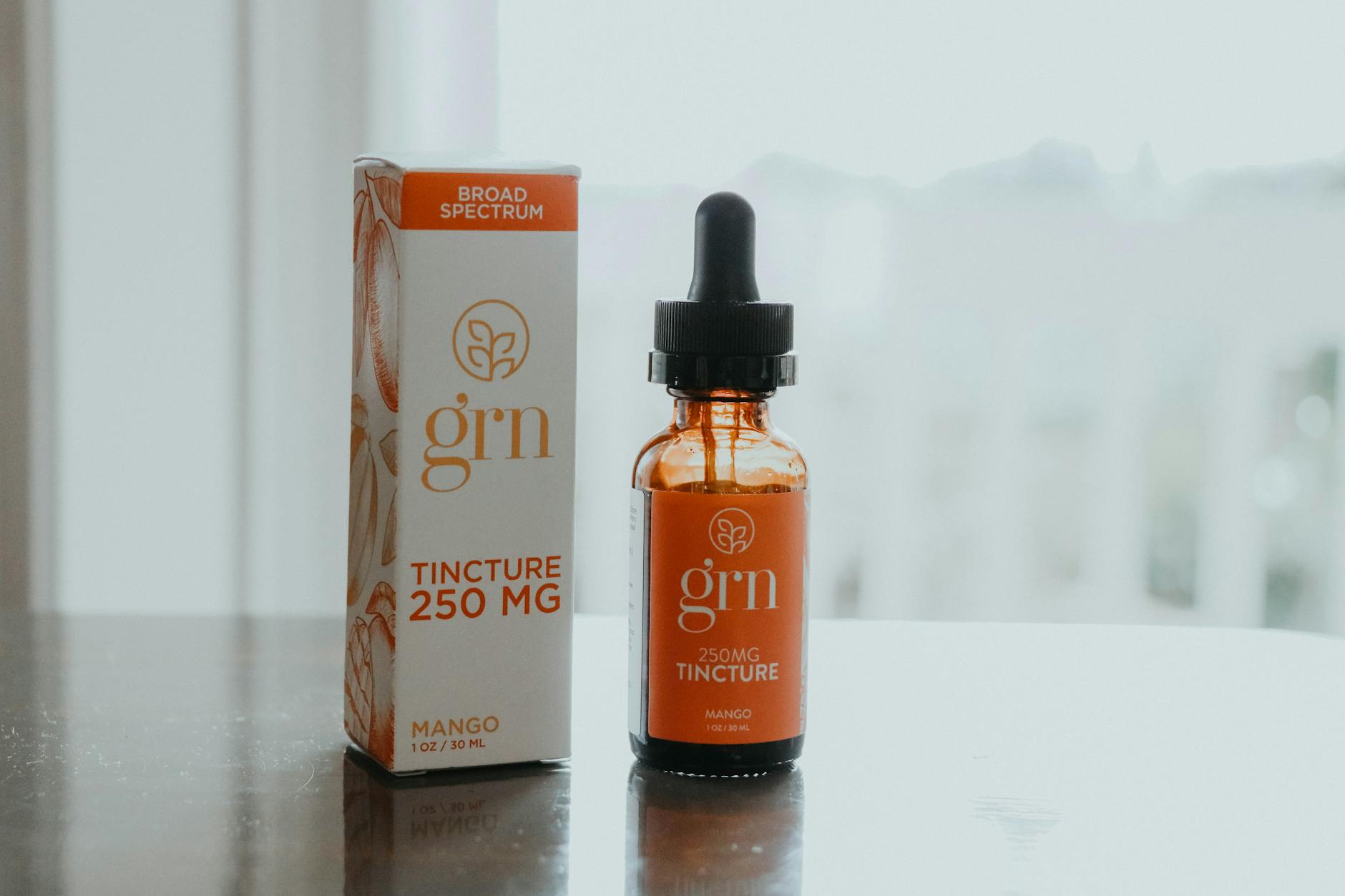—-
Cannabidiol, most commonly known as CBD, has entrenched itself in the realm of healthcare owing to a wealth of consequential health benefits. Derived primarily from the Cannabis Sativa plant, this oil has been catapulted into the mainstream medical arena and is used as a supplement to manage an array of health conditions. While misconceptions surrounding the use of CBD oil abound, a growing body of empirical research indicates potential therapeutic benefits of this plant extract.
One of the quintessential health benefits of CBD oil pertains to its ability to manage chronic pain. Research studies conducted on both animals and human subjects have furnished evidence of the analgesic properties of CBD. By interacting with neurotransmitters and modifying endocannabinoid receptor activity, CBD can reduce inflammation and alleviate pain. This makes it an efficacious therapeutic intervention for conditions such as arthritis and multiple sclerosis.
Apart from treating chronic pain, studies suggest that CBD oil can also mitigate symptoms of anxiety and depression. Essentially, it appears to modify the way the brain’s receptors respond to serotonin, thereby improving mental health. The oil has been employed as a natural remedy in the treatment of insomnia and anxiety in children suffering from post-traumatic stress disorder (PTSD). Moreover, CBD has shown potential as a treatment for anxiety-induced insomnia, and may reduce anxiety behavior in disorders such as PTSD, panic disorder, and social anxiety disorder.
Cancer-related symptoms and the side effects of cancer treatment, such as nausea and vomiting, can also be alleviated with the help of CBD oil. A number of research studies underline the efficacy of CBD in reducing these symptoms and improving the quality of life among cancer patients.
The extraction method used to obtain CBD oil can impact its effectiveness. CO2 extraction is often heralded as the gold standard as it ensures the oil maintains its purity throughout the process. CO2 extraction allows for the elimination of harmful substances, thus ensuring a high quality product and preserving the beneficial cannabinoids, terpenes, and flavonoids.
When it comes to dosing, there is no universal rule. The effective dosage of CBD oil varies from person to person and depends on factors such as the condition being treated, body weight, and individual body chemistry. For instance, while someone with chronic pain might benefit from a higher dose, a person with anxiety might respond better to a lower dose.
As the popularity of CBD oil continues to surge, it has found a niche as a supplement in the health and wellness sector. This plant extract is commonly imbued into tinctures, capsules, edibles, or topical creams. The best approach to using CBD oil as a supplement might be the ‘low and slow’ method, starting with a small dose and gradually increasing it until the desired effects are achieved.
In conclusion, CBD oil offers a plethora of health benefits, backed by a substantial body of medical research. Despite lingering controversies, there’s substantial evidence suggesting that CBD oil could provide relief for conditions such as chronic pain and anxiety, among others. The future of CBD as a medicinal solution looks promising, even though more extensive research is needed. It is always recommended to consult a healthcare professional before starting any new supplements, including CBD oil.
Sources:
https://www.ncbi.nlm.nih.gov/pmc/articles/PMC4604171/
https://www.ncbi.nlm.nih.gov/pmc/articles/PMC2503660/
https://www.ncbi.nlm.nih.gov/pmc/articles/PMC5874292/
https://scitechdaily.com/breakthrough-new-method-extracts-pure-gold-from-cannabis/


